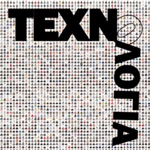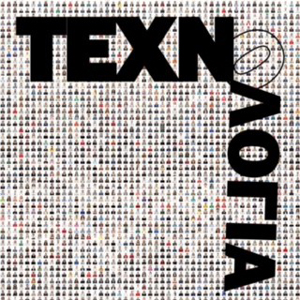What about AIxxNOSOGRAPHIES? Rainald Schumacher, Ars Electronica Blog [6/2/2023]

For the third round of the ArtScience Residency Rainald Schumacher met artist Špela Petrič, the winner of the 2023 edition, for an interview.
We get started with the third round of the ArtScience Residency enabled by the Art Collection Deutsche Telekom. For that Office for Art director and independent curator Rainald Schumacher met artist Špela Petrič, the winner of the 2023 residency for an interview.
Your ArtScience Residency for this year will be an integral and substantial component of a broader long-term interdisciplinary process – AIxxNOSOGRAPHIES. What is actually the intention and the timeframe of the overall project?
Špela Petrič: What interests me as an artist are the ways in which technologies shape our understanding of the world and ourselves. While we might be acutely aware of how we have become dependent on internet platforms over the past 20 years, similar technologies are being deployed in other areas of society that are more hidden from view. AIxxNOSOGRAPHIES is an art-research framework looking into advanced automation in healthcare using hybrid and artistic methodologies with the intention to reveal their use to a wider public and speculate on possible futures. Even though I’ve worked with machine learning and AI in previous projects, the field of medicine poses specific challenges which require time, the help of various experts and patience to address. With this in mind, AIxxNOSOGRAPHIES begins with a two-year research and mapping-oriented phase and will be followed by artistic interventions in the next years based of what we will have learned.
Together with Studio Teratope, led by you, there are quite some stakeholders involved.
Špela Petrič: Indeed, interdisciplinary collaboration is key, especially when addressing a field where human autonomy, privacy and integrity are at stake. Aside from Deutsche Telekom and Ars Electronica, the main partners are Sustainable AI Lab Bonn led by Prof Dr Aimee van Wynsberghe and the surgical team of Prof Dr Kalff at the University Hospital Bonn who utilizes surgical robots. A little later we also got the opportunity to collaborate with the ELSA AI Lab Northern Netherlands, a consortium investigating the ethical, legal and societal implication of AI use in healthcare. Taken together the partners have expertise and practices that encompasses a wide range of aspects of AI implementation, which is crucial for getting an extensive grasp on the field.
You mention a broad definition of care – a rather ontological state of our existence and coexistence.
Špela Petrič: One of art’s prerogatives is to instigate estrangement that allows us to see mundane things anew. For instance, I set out to compare the “automation of care” in greenhouses and medical centres. Of course, vegetables and people are ontologically very different, but the task challenges us to think about the assumptions we have about technologically-mediated care in relation to different bodies, which is especially relevant at a time when we are (re)discovering our dependency on environmental agents. Care as an existential necessity takes into account the web of relations we are implicated in.
Η συνέχεια εδώ.





